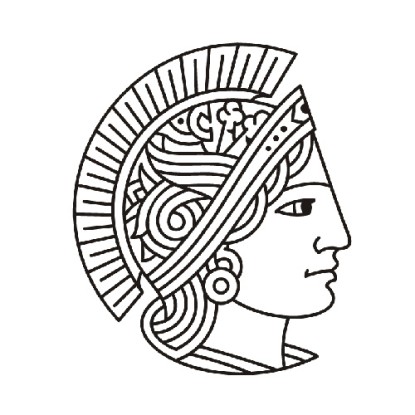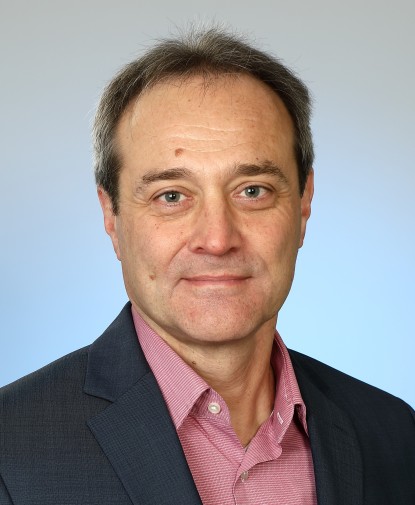Institute for Condensed Matter Physics
How to measure an excitonic Bose-Einstein condensation?!
Prof. Dr. Alexander Holleitner, Walter Schottky Institut, Technische Universität München
Two-dimensional (2D) transition-metal dichalcogenides exhibit a very large light-matter interaction, and they are ideal platforms to explore excitonic phenomena ranging from correlated moiré excitons to degenerate interlayer exciton ensembles with a spatially extended coherence at cryogenic temperatures [1-3].
When?
November 21, 2025, 14:00-15:30
Where?
ZKS-Uhrturmhörsaal
S2|08, Raum 171
Hochschulstraße 4
64289 Darmstadt
Organiser
Fachbereich Physik
In my talk, I will discuss the prerequisites and experimental signatures of a possible Bose Einstein condensation of exciton ensembles in 2D heterostructures. Moreover, I will discuss how the underlying real-space wave function of the excitons can be understood in reconstructed heterostructures with a Moiré potential [4,5].
[1] M. Brotons-Gisbert, et al. MRS bulletin 49 (9), 914-931 (2024). [2] C. Dong, J.A. Robinson, N. Samarth et al. „2025 Roadmap for Electronic-grade 2D Materials“, 2D materials (2025). [3] M. Troue and J. Figueiredo et al., Phys. Rev. Lett. 131, 036902 (2023). [4] L. Sigl et al., Phys. Rev. Res. 2, 042044(R) (2020). [5] J. Figueiredo, M. Richter et al. NPJ Quantum Materials 10 (1), 96 (2025).
Tags
Physikalisches Kolloquium



